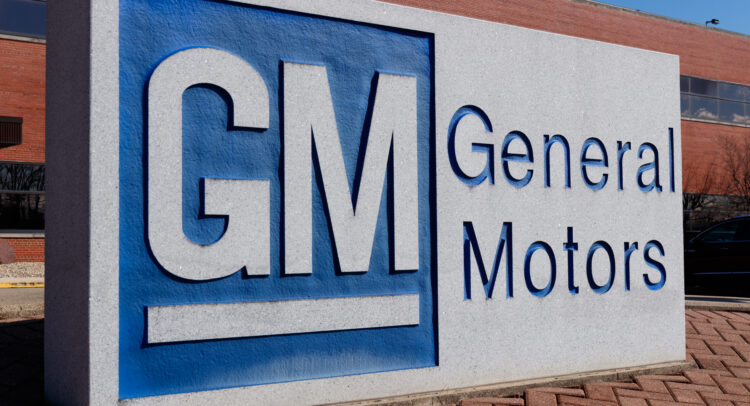Automaker shares led declines on Asian and European stock markets as President Donald Trump imposed 25% tariffs on Mexico and Canada, and 10% on China, reflecting not just broad investor angst but fundamental concerns about the impact levies will have on earnings for companies with close ties to the trading partners.
Tariffs announced on Saturday, which had been talked about for months, are expected to have a profound impact on U.S. automakers such as Ford (F) and General Motors (GM), although they appear less exposed than some peers.
Shares of Stellantis (STLA) and Volkswagen (VWAGY) listed in Europe each fell over 5%, while Toyota (TM) also slipped 5% in Tokyo.
Across the industry there are fears about the impact of tariffs. “Such tariffs would have severe consequences for the U.S. vehicle supplier industry,” said MEMA, the vehicle suppliers association.
Tariffs Will Have “Massive Impact” on Autos
Approximately 5.3 million light vehicles are built in Canada and Mexico each year, with about 70% of these destined for the U.S., says S&P.
Furthermore, many vehicles assembled in the U.S. use Canadian or Mexican-sourced engines and components. Mexico exports almost 87% of its auto parts production to the U.S., and imports half of all auto parts from the U.S., according to the International Trade Administration.
In 2024, about 23% of Stellantis sales were sourced from Mexico, while GM sourced 22% and Ford just under 15%, says S&P, which warns of a “massive impact on the auto industry,” from the tariffs.
S&P Global Mobility estimates that about 54% of U.S. light-vehicle sales were produced in the US, 15% in Mexico and just under 7% from Canada. A 25% tariff on the average $25,000 cost of a vehicle from Mexico and Canada would add $6,250.
Which Car Stocks are Most Affected by Tariffs?
Breaking it down, the ratings agency says German automaker Volkswagen is the most exposed to tariffs, followed by Nissan Motor (NSANY) and Chrysler-owner Stellantis, on a percentage of sales basis.
VW makes 43% of its U.S. sales in Mexico, while Nissan is on 27% and Stellantis 23%.
Among the Detroit-based automakers, GM is more exposed than peers, with 22% of its U.S. sales produced in Mexico compared with 15% for Ford. The figures are 13% for Honda (HMC) and 8% each for Toyota and Hyundai (HYMLF).
Is GM a Good Stock to Buy?
Overall, Wall Street has a Moderate Buy consensus rating on GM stock, based on eight Buys, five Holds and two Sells. The average GM price target of $58.80 implies almost 19% upside. GM stock has risen by a third in the last year.

















